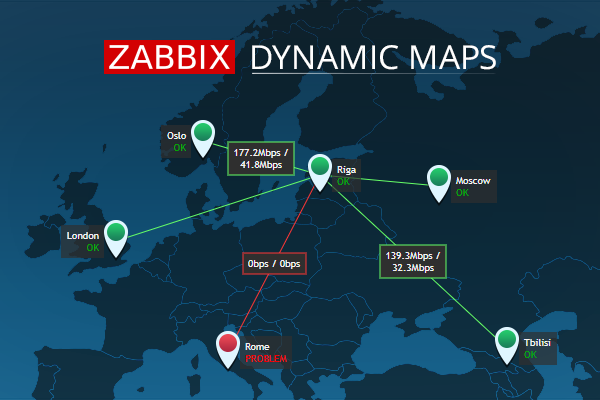 In a month and a half we will meet you at the biggest Zabbix event, happening for the 8th year in a row, and from now on called – Zabbix Summit 2018.
In a month and a half we will meet you at the biggest Zabbix event, happening for the 8th year in a row, and from now on called – Zabbix Summit 2018.
You will witness practical examples of what Zabbix is capable of, gain hands-on experience through workshops run by the Zabbix Team, and have a chance to get Zabbix certified. Only 4 weeks left to register!
To give you a small preview on the agenda that awaits you, we are offering you insights in the minds of people stepping on the stage of our event and sharing their vision, experience and knowledge.
Today we would like to present Lukas Macura, a Network and Cyber Security Expert and Open-Source “extremist”, as he calls himself. He is a CTO at the Foresight CyberTM, where Zabbix is an integral part of the company’s internally built Foresight Cyber Platform, delivering cyber security managed services to company’s clients.













